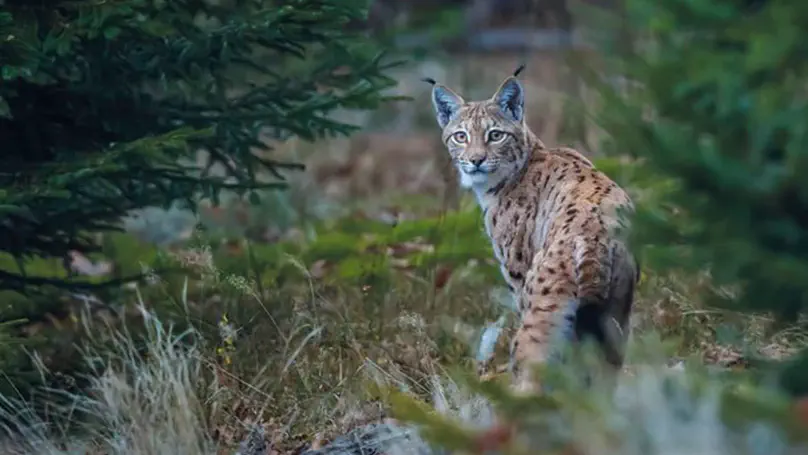Latest News
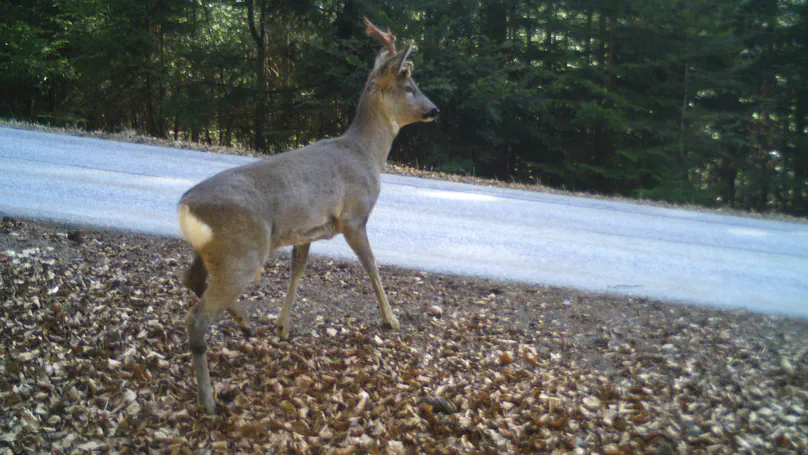
Do roads elicit similar responses across wildlife species? Our study shows that changes in movement and habitat selection in relation to roads are consistent among multiple wildlife species within the same area and are consistent with the avoidance of natural predation risk.
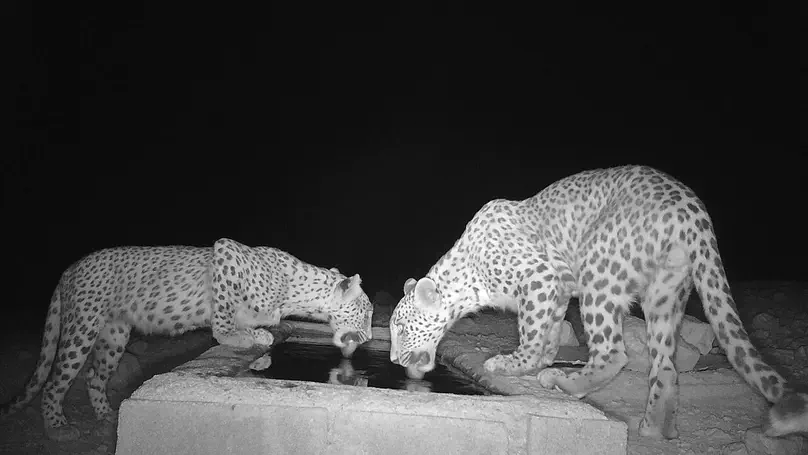
Promoting human-carnivore coexistence requires a better understanding of conflict cases. We used environmental and anthropogenic variables to predict the determinants of conflict risk by Persian leopards in southern Iran. Leopard habitat suitability and connectivity between core habitat patches are the most important factors to determine the conflict risk.
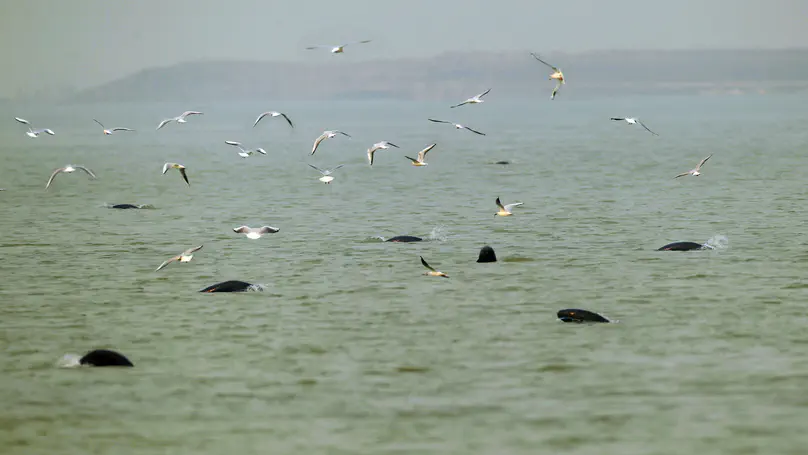
Freshwater megafauna (≥ 30 kg), such as sturgeons, large catfishes, crocodylians, giant turtles, river dolphins, and beavers, have experienced severe population declines and range contractions globally. Reinstating their populations holds the potential for restoring key ecological processes, in turn, promote overall biodiversity and enhance nature’s contributions to people.
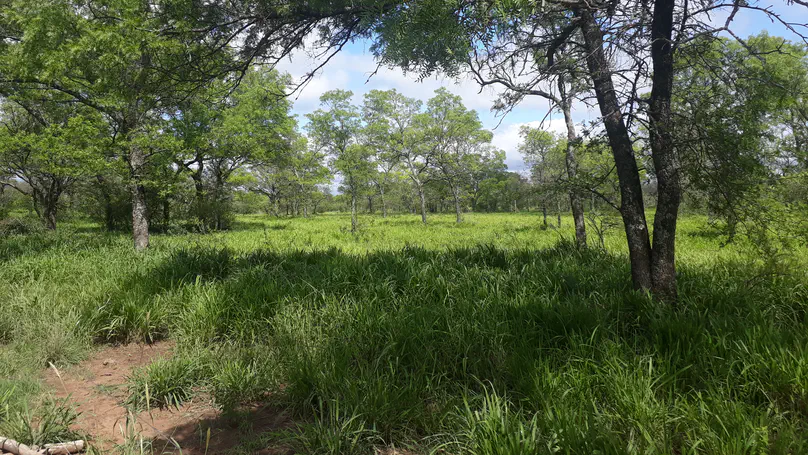
Major trade-offs between carbon storage and beef production emerge in ranching production in the Dry Chaco. Silvopasture management, with selective shrub controls, leaving big trees, is the key to reducing the trade-offs, conserving a considerable amount of woodland biomass, and producing the same or more beef than pastures without trees.
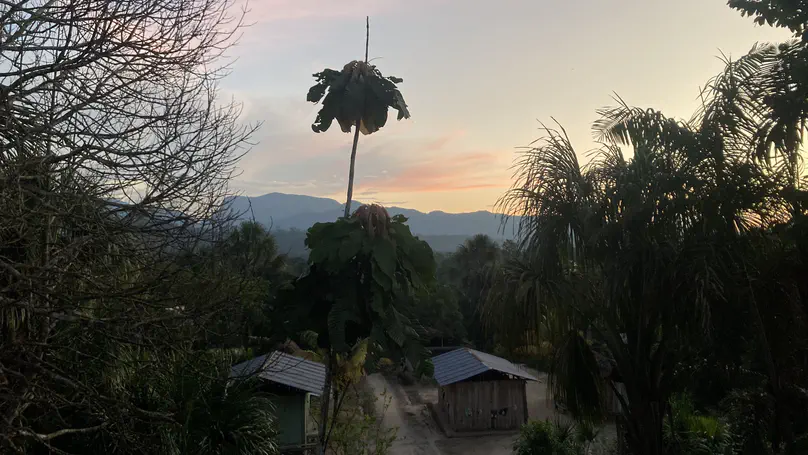
Records of international conservation funding to South America reveals a shift towards prioritizing remote areas with high carbon storage over those with high species richness, and that bilateral funding allocation emphasized more on carbon storage than multilateral funding did.
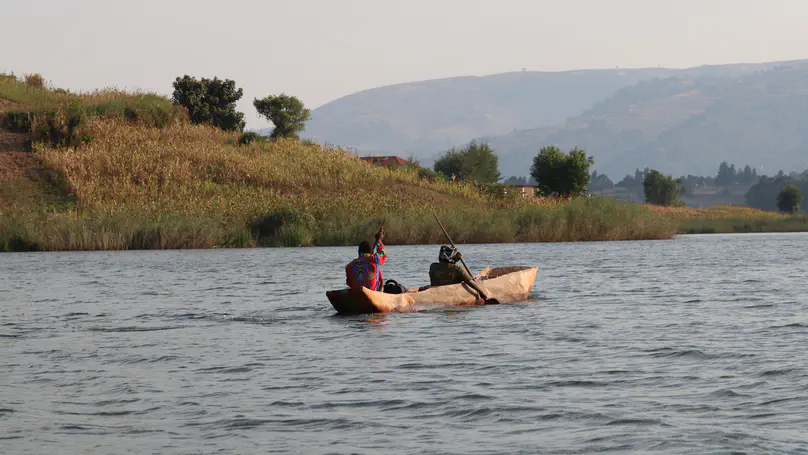
The relative effectiveness of different types of protected areas is widely unknown and comparison of different management regimes are rare. Here, we used literature review and expert knowledge to assess different cases of area-based conservation across the world. Despite incomplete data, we were able to identify a tendency in community-based and co-managed governance regimes to be beneficial to both people and nature.
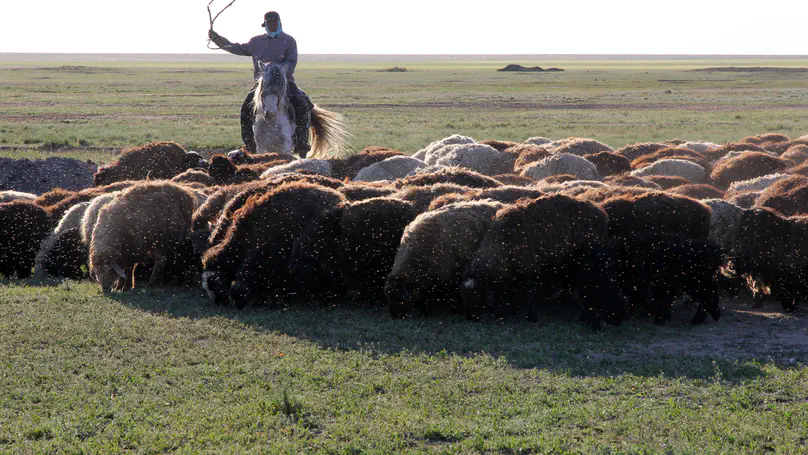
The Eurasian steppe became a global fire hotspot following the Soviet-break up in 1991. While subsequent impacts of fire on vegetation structure have been explored, very little is known about the changes in avian biodiversity. Using a bird abundance dataset covering the entire steppe and semi-desert, and MODIS burned area product, we modeled the biodiversity response to the increased fire disturbance. Our results revealed a strong decline in bird abundance and distinct changes in the community structure. To counter further biodiversity loss, we recommend restoration of wild herbivore populations and traditional ungulate grazing systems.
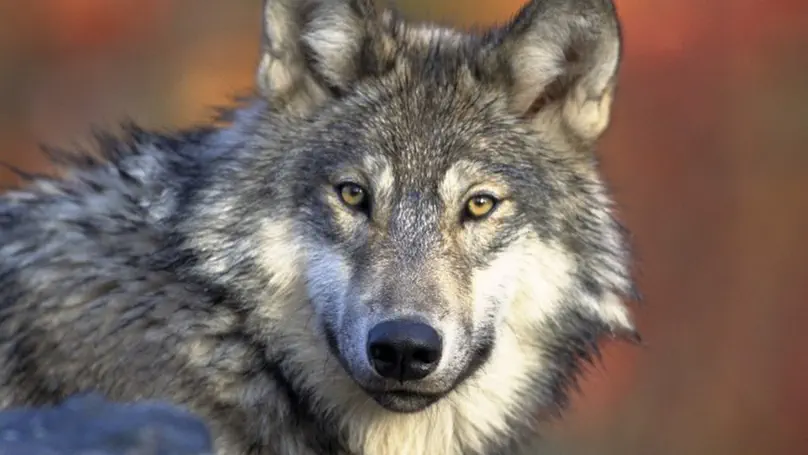
Using 20 years of wolf data during the recolonization of Germany, we show what distribution modelling approach is the most accurate to predict future areas for range expansion and how the habitat selection of the species changes along the recolonization steps.
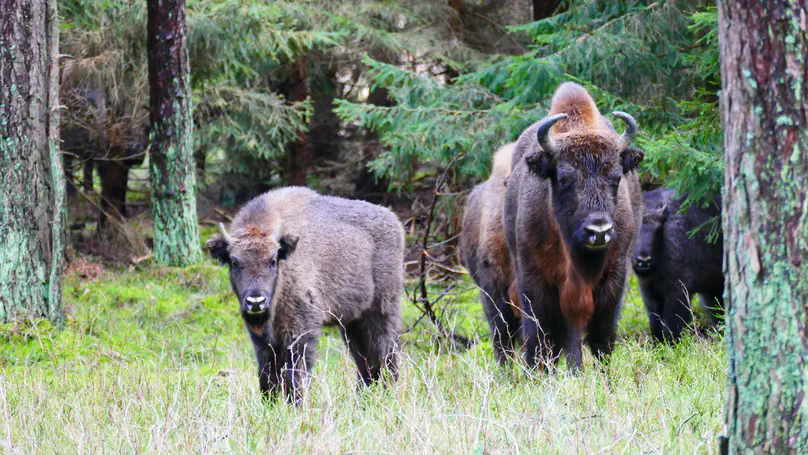
European bison mortality cases on roads and railways in Poland were collected. 70 European bison were killed between 2010 and 2021. Increasing trend of European bison traffic fatalities has been observed. Most animals were killed in Western Poland, mainly on a national road. Effective mitigation measures are needed to ensure the safety of European bison and people.
